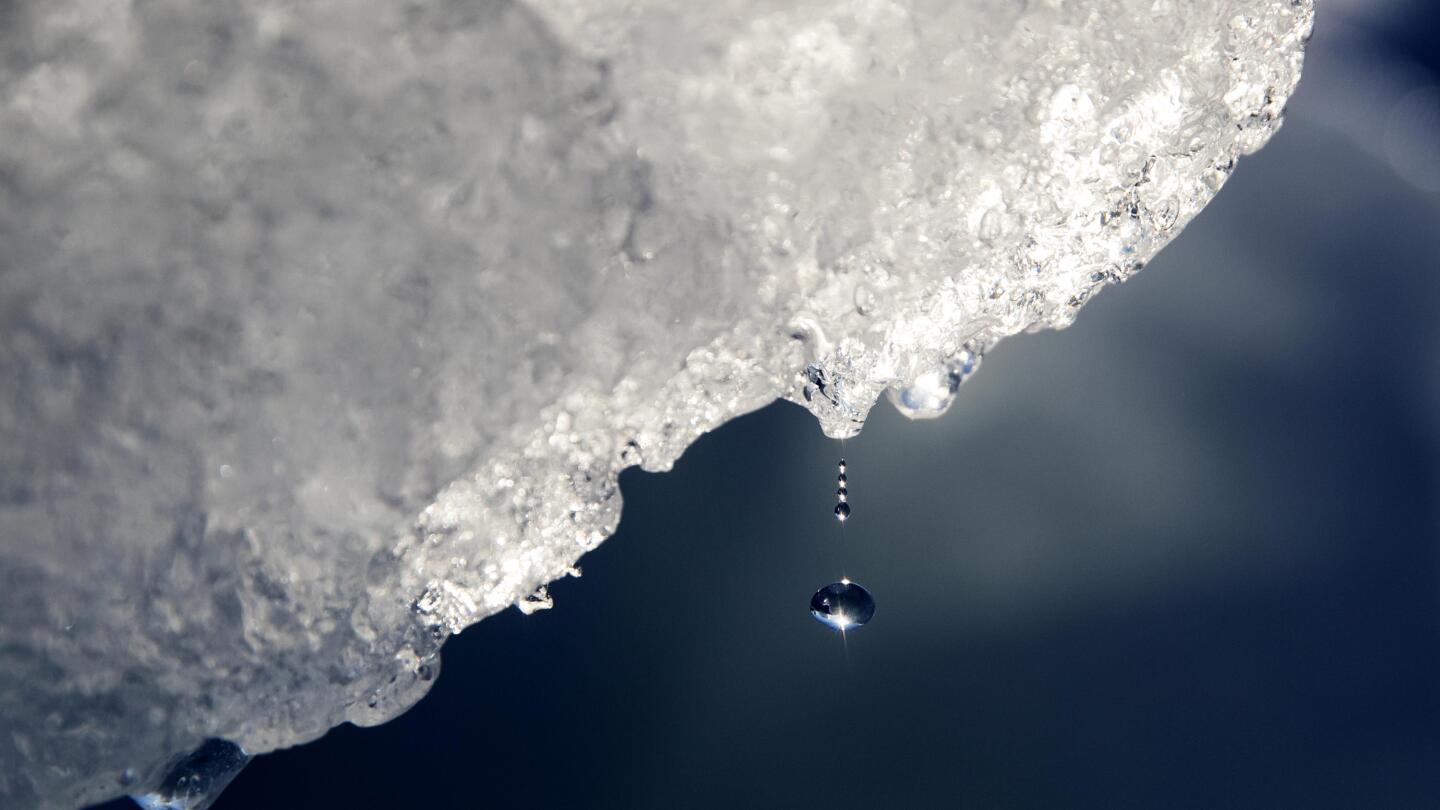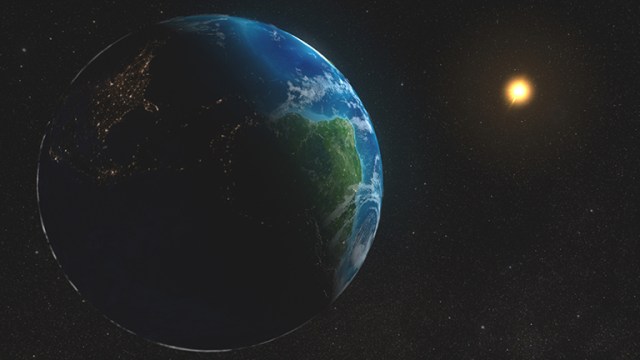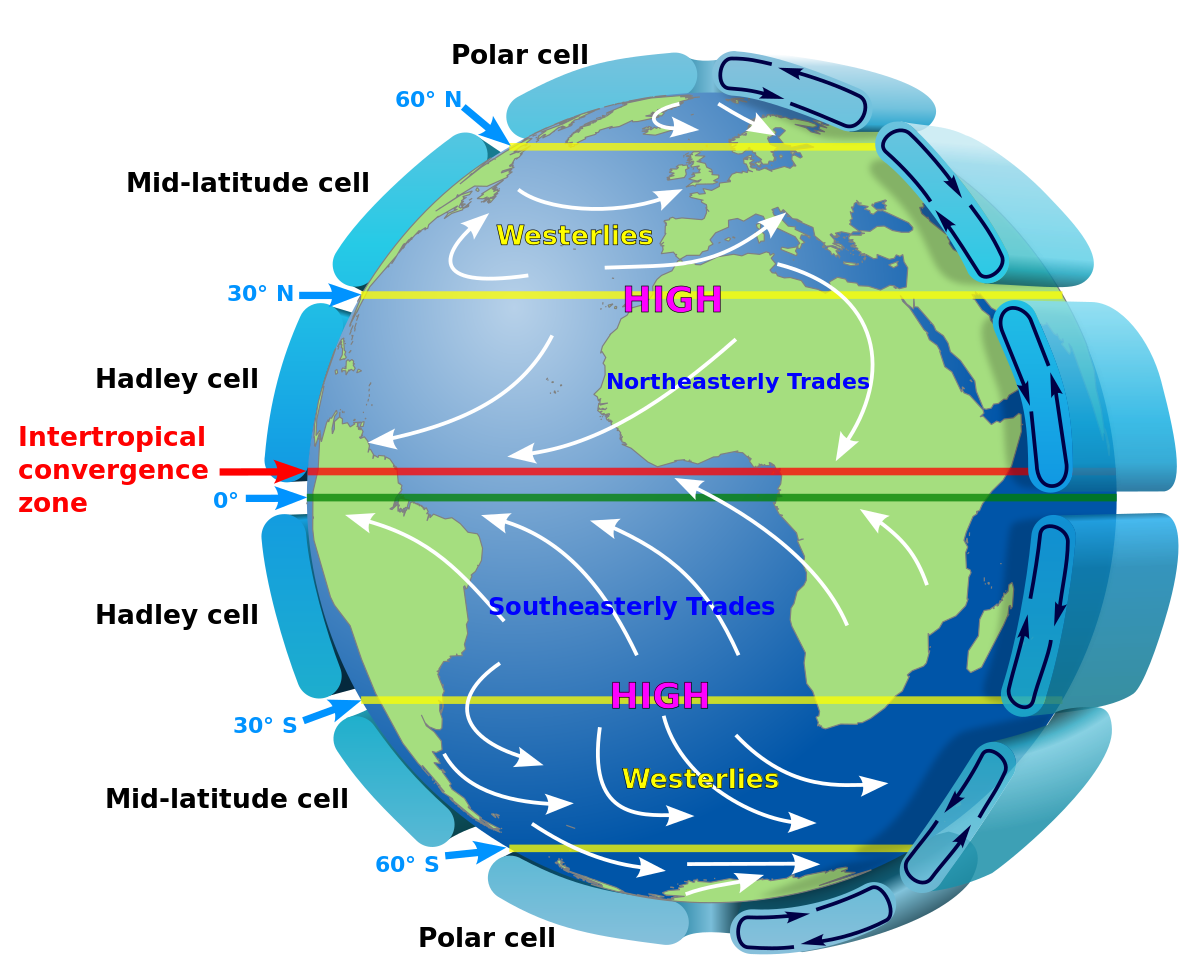Cardinal Carminative
VIP Member
- Apr 2, 2022
- 4,397
- 1,001
- 73
Let's stay focused on the conditions which exist today which are polar regions being isolated from warmer marine currents and temperatures at or below the thresholds for extensive continental glaciation. Fair enough?
My apologies. I thought when you wanted to talk about Snowball Earth you wanted to talk about that topic.
Yes and my point is that it is northern hemisphere glaciation which is responsible for the planet's increased climate fluctuations and environmental uncertainty over the past 5 million years or so. So we shouldn't be so quick to dismiss natural causes for the recent warming trend
Again, my apologies, I'm not the one dismissing natural forcings for the recent warming. That's the professional scientists who work in this area. The data is pretty compelling that natural forcings alone cannot account for the warming, certainly not within the last half-century to about a 95% confidence.



